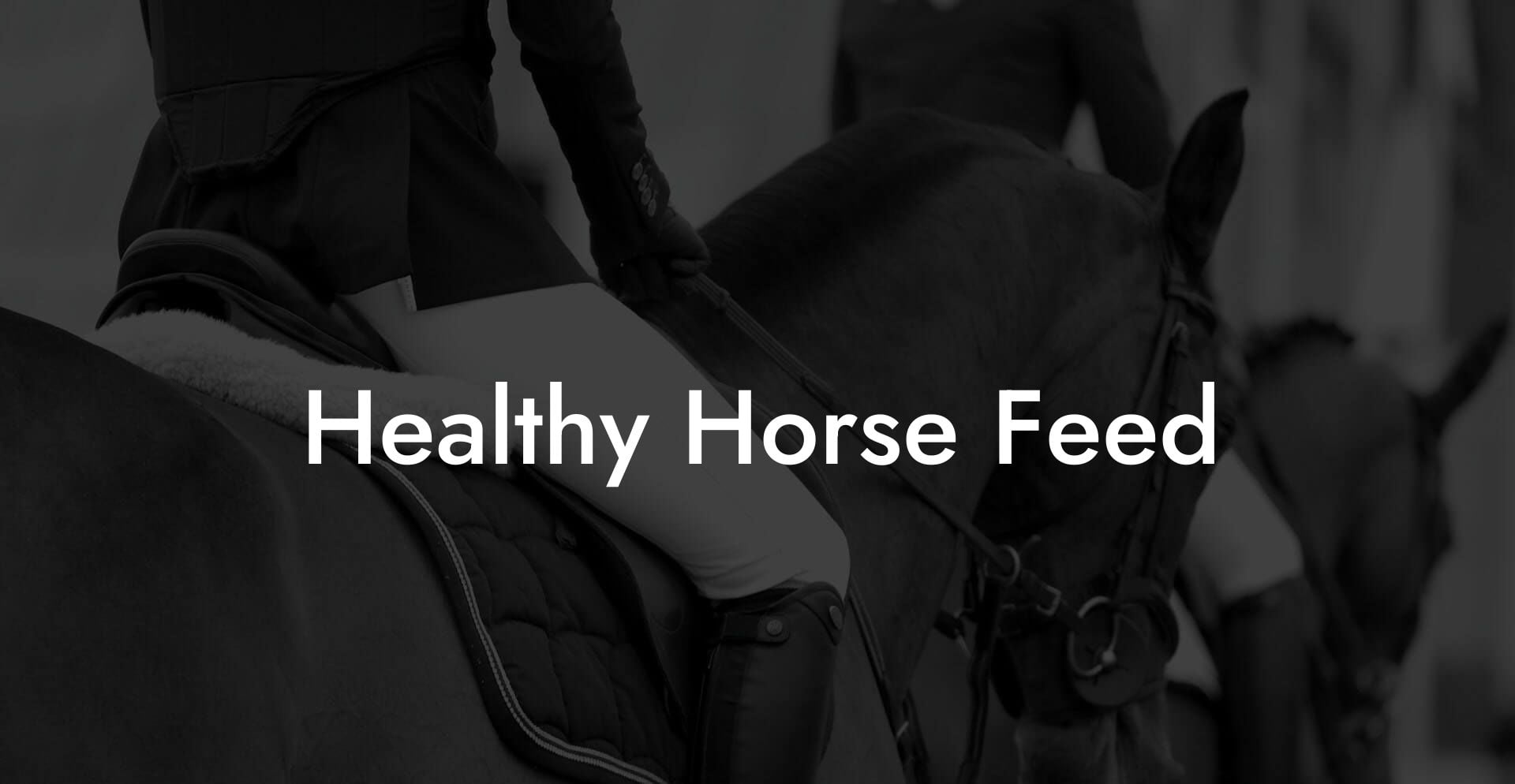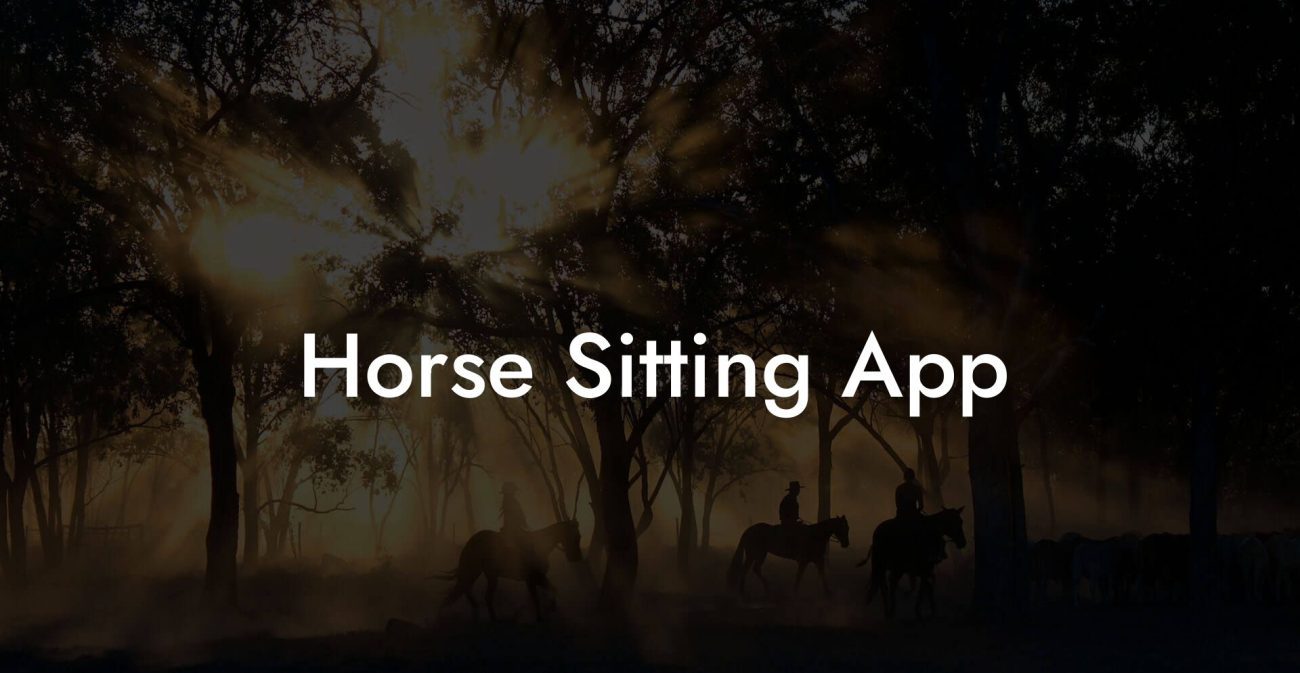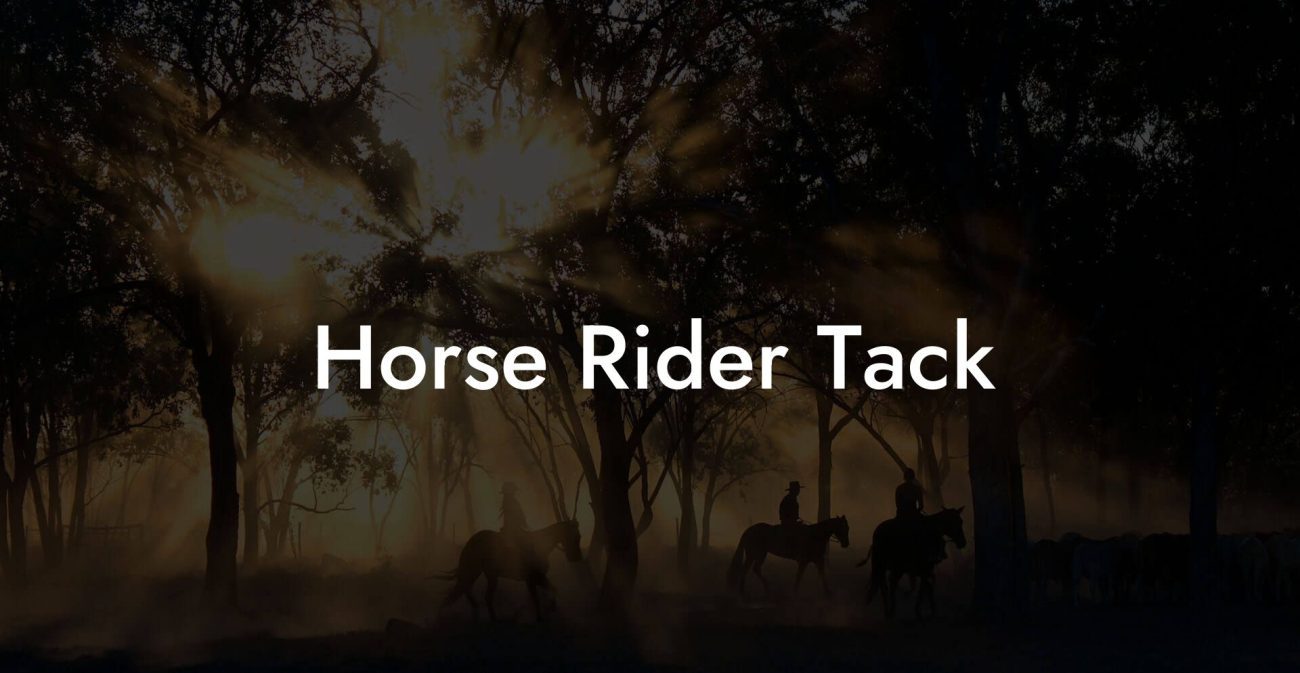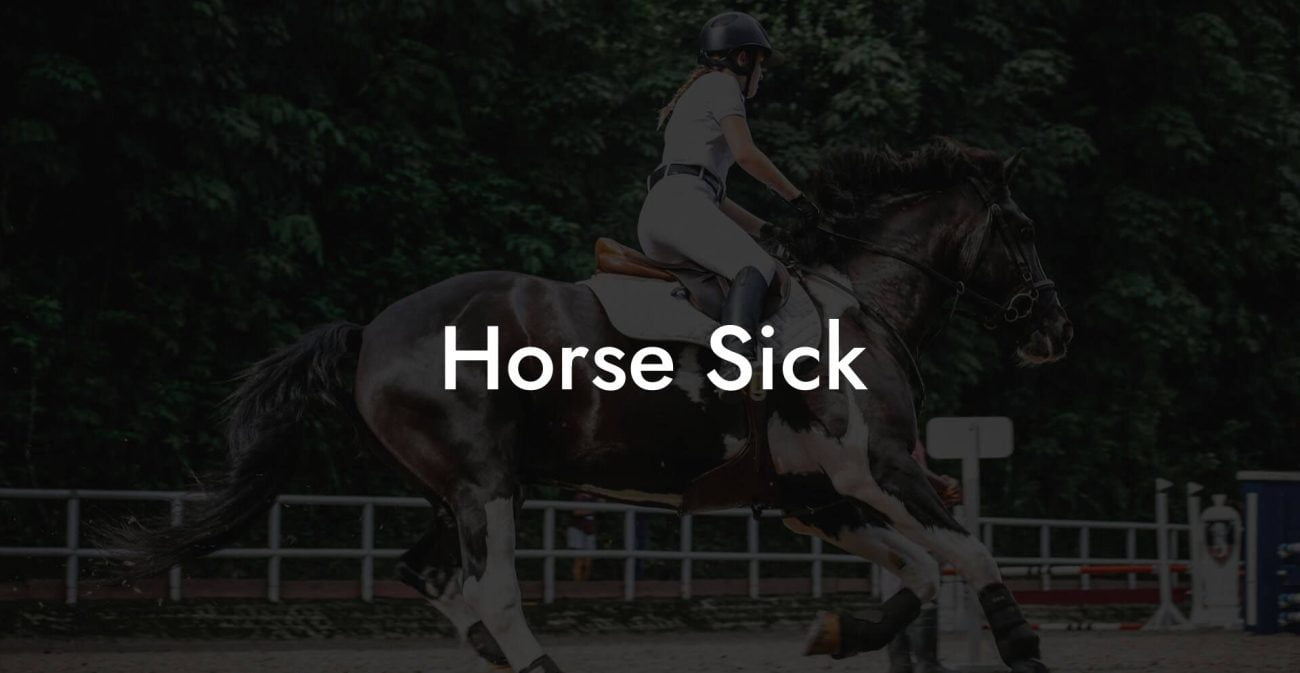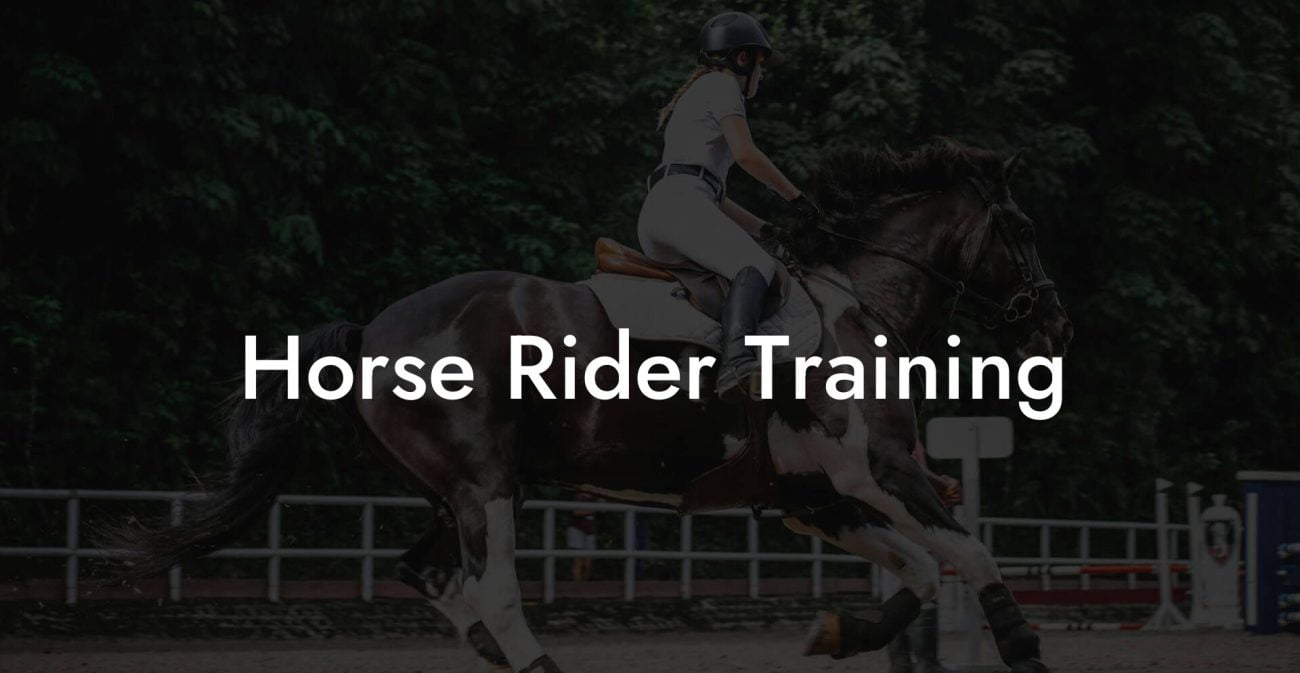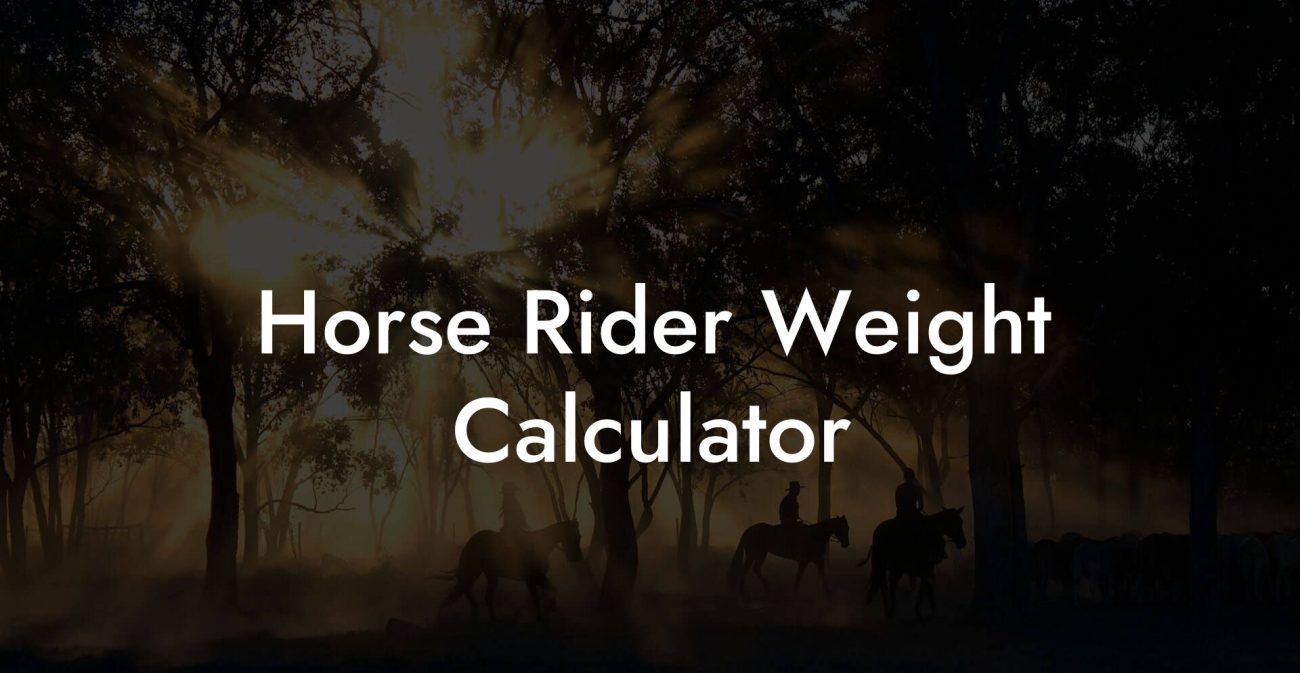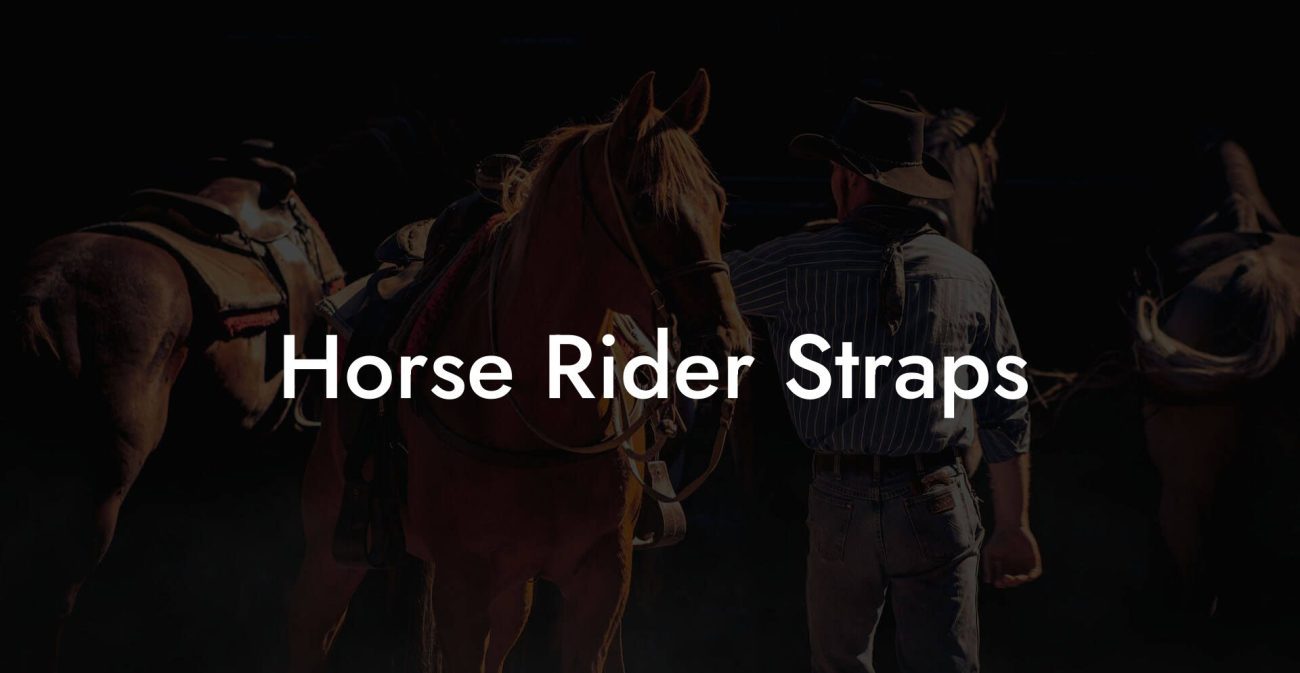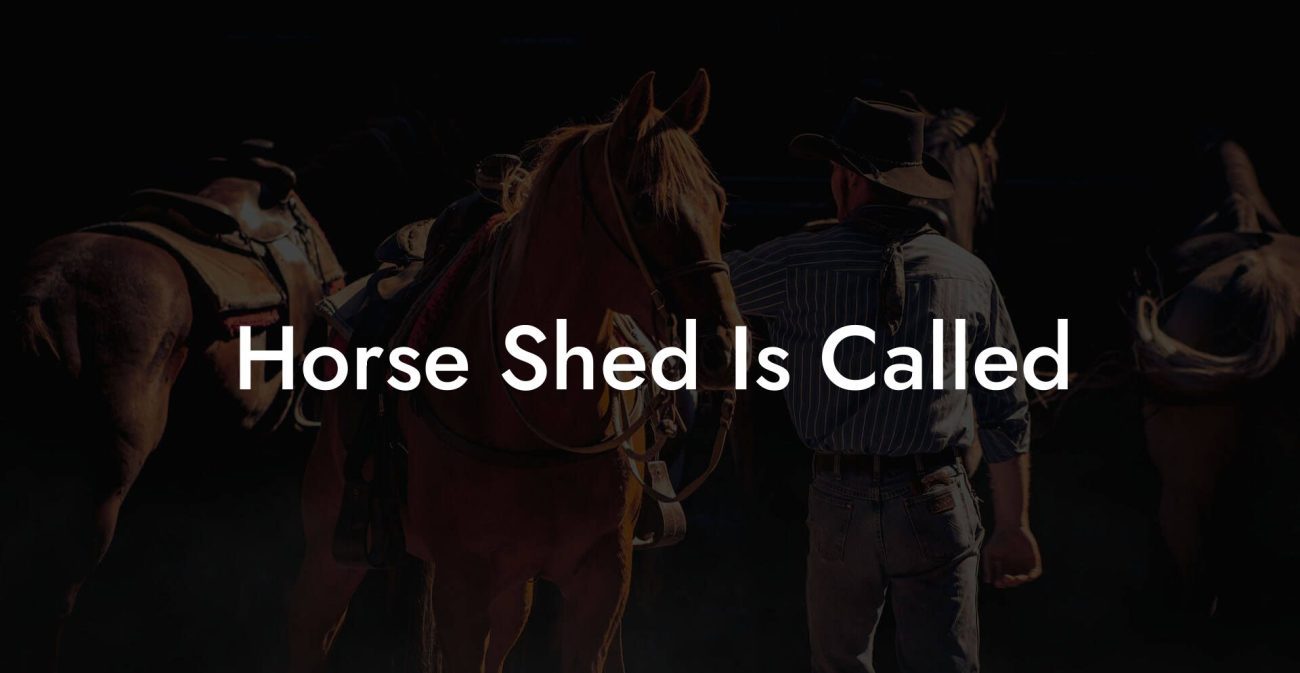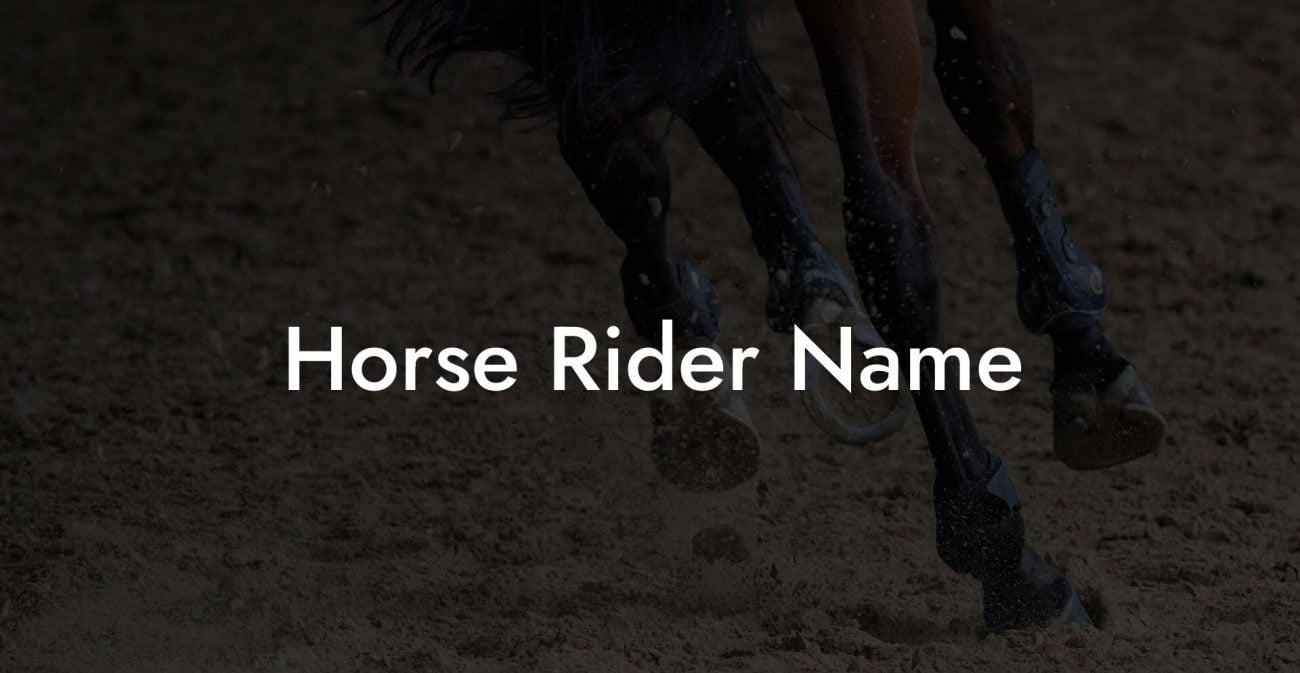Ever wondered if your majestic equine buddy is munching on the perfect blend of nutrients to keep rocking those gallops? Healthy horse feed isn’t just about filling up their belly, it’s a vibrant lifestyle, a celebration of holistic nourishment that fuels the strength, energy, and charm of every horse out there. Whether your equine friend is a graceful show jumper or a hardworking pasture pal, the right feed can make all the difference in their performance, health, and happiness. Let’s dive into a world where nourishing your horse is an art, a science, and, dare we say, downright trendy!
Quick Links to Useful Sections
- Understanding Healthy Horse Feed: What Sets It Apart?
- The Essentials of Equine Nutrition
- Proteins: The Building Blocks
- Fibers: The Digestive Superstar
- Fats and Carbohydrates: The Energy Reservoirs
- Vitamins and Minerals: The Micronutrient Magic
- Choosing the Right Ingredients: More Than Just Oats
- Hay: The Foundation of Equine Diets
- Grains and Concentrates: The Energy Boosters
- By-Products and Alternative Proteins
- Natural Additives: Probiotics, Enzymes, and More
- Organic, Sustainable, and Locally Sourced: A Fresh Perspective
- Minimizing Environmental Impact
- Supporting Local Economies
- Transparency in Ingredients
- Feeding Strategies for Different Life Stages and Breeds
- Young Horses: Building the Future
- Adult Performance Horses: Fueling the Gallop
- Senior Horses: Easing into Golden Years
- Special Breeds and Workloads
- The Role of Supplements and Natural Additives
- Joint Supplements and Anti-Inflammatories
- Vitamins and Mineral Enhancers
- Probiotics and Digestive Enzymes
- Herbal Additives and Natural Extracts
- Innovative and Eco-Friendly Feeding Practices
- Precision Feeding: One Size Does Not Fit All
- Sustainable Feed Production
- Local and Regenerative Agriculture
- Eco-Friendly Packaging and Storage
- Case Studies: From Trotting to Triumph with Healthy Horse Feed
- Case Study 1: The Transformation of a Show Jumper
- Case Study 2: A Senior Horse’s Second Wind
- Case Study 3: Wellness in a Competitive Racing Environment
- Creating Your Horse’s Personalized Feeding Plan
- Step 1: Comprehensive Nutritional Assessment
- Step 2: Set Clear Nutritional Goals
- Step 3: Integrate Customized Feed Components
- Step 4: Monitor and Adjust Regularly
- Step 5: Embrace Technology and Community Feedback
- Resources and Community Support: Your Next Steps
- Equine Innovation Meets Tradition: Embracing the Best of Both Worlds
- Dedicated Communities and Continuous Learning for Equine Health
- Healthy Horse Feed FAQs: Your Nutritional Questions Answered
- Your Horse’s Journey to Vibrant Health and Boundless Energy
Understanding Healthy Horse Feed: What Sets It Apart?
Healthy horse feed goes beyond the generic grain mix found in many tack rooms. In today’s fast-paced, conscious world, equine nutrition has evolved into an intricate practice that blends scientifically backed research with a holistic approach to well-being. The focus now is on feed that delivers a balanced mix of proteins, fibers, vitamins, and minerals, all tailored to support the dynamic energy needs of horses at various stages of life.
At its core, healthy horse feed is designed to harmonize with your horse's natural digestive system. From enhancing gut flora to sustaining muscle recovery and boosting overall vitality, this feed is all about fire-starting the engine behind those impressive leaps and boundless trots.
The Essentials of Equine Nutrition
Let’s break it down: just like us, horses require an optimal mix of macronutrients and micronutrients to fuel their daily runs. Here’s what the best healthy horse feed should include:
Proteins: The Building Blocks
Proteins are essential for muscle repair, growth, and overall performance. Look for feed that sources high-quality proteins from legumes, soybean meal, or even some innovative insect protein formulations that are making a buzz among sustainability advocates.
Fibers: The Digestive Superstar
A healthy, fiber-rich feed supports robust digestion and maintains a balanced gut microbiome. For horses, fiber is king. Think high-quality hay, beet pulp, and other natural fiber sources that ensure smooth digestion and help ward off common equine ailments like colic.
Fats and Carbohydrates: The Energy Reservoirs
While fats and carbohydrates are often maligned in the human health scene, they’re vital for a horse’s energy needs. Source healthy fats from ingredients such as flaxseed and vegetable oils, and opt for complex carbohydrates to sustain a steady release of energy during prolonged exercise or work.
Vitamins and Minerals: The Micronutrient Magic
Every hoofbeat counts when it comes to micronutrients. A balanced mix of vitamins (like A, D, and E) and minerals (including calcium, phosphorus, and magnesium) is crucial for bone strength, immune function, and overall vitality. Trace elements, delivered in precise amounts, make the difference between a mere meal and a performance-enhancing feast.
Choosing the Right Ingredients: More Than Just Oats
Before you applaud oats as the unsung hero of horse feed, remember that a truly healthy feed goes way beyond them. Today’s horse diet incorporates a colorful spectrum of natural ingredients designed to offer balanced nutrition while enhancing palatability and digestibility. Here are some key ingredients to keep an eye on:
Hay: The Foundation of Equine Diets
Quality hay is the backbone of any horse’s diet. Whether it’s timothy, Bermuda, or orchard grass, the freshness and nutritional value of hay ensure that your horse maintains a healthy digestive rhythm. Look for hay that is harvested at the right stage and free from mold or excessive dust.
Grains and Concentrates: The Energy Boosters
While oats have been a staple, many modern feeds include barley, corn, and specialized grain mixes to provide a quick burst of energy when needed. However, moderation is key, excessive grains can upset your horse’s delicate digestive system.
By-Products and Alternative Proteins
Ingredients like soybean meal, canola cake, and even emerging alternatives like insect protein are stepping into the limelight. They offer a sustainable, high-protein option that can complement traditional ingredients and lighten the environmental footprint of equine nutrition.
Natural Additives: Probiotics, Enzymes, and More
To support optimal gut health and nutrient absorption, many healthy horse feeds are fortified with natural additives like probiotics and digestive enzymes. These ingredients help maintain a strong digestive system, leading to enhanced nutrient uptake and overall performance.
Organic, Sustainable, and Locally Sourced: A Fresh Perspective
In a world where sustainability is more than a trend, the source and production of your horse’s feed have become critical points of focus. Healthy horse feed now emphasizes organic, non-GMO ingredients that are often sustainably and locally sourced. Here's why that matters:
Minimizing Environmental Impact
Organic farming practices reduce reliance on synthetic pesticides and fertilizers, helping to preserve soil health and reduce pollution. By choosing organic horse feed, you’re not just investing in your horse’s health, you’re contributing to a healthier planet.
Supporting Local Economies
Many innovative feed companies have forged strong relationships with local farms. By sourcing ingredients locally, you reduce transportation emissions, boost community agriculture, and ensure a fresher, more nutrient-dense feed.
Transparency in Ingredients
With growing consumer demand for clarity, many brands now offer detailed breakdowns of their ingredient sources. As a savvy horse owner, this transparency helps you make informed choices, ensuring that your horse’s diet is free from harmful additives and full of natural goodness.
Feeding Strategies for Different Life Stages and Breeds
Not all horses are created equal, what works for a spirited young gelding might not be appropriate for an experienced mare or a senior horse. Feeding strategies should be tailored to match the specific needs based on breed, age, and activity level.
Young Horses: Building the Future
Growing horses have unique nutritional requirements. They need feeds that are high in quality proteins and rich in essential vitamins to support rapid growth and development. Specially formulated feeds can help ensure that bone growth and muscle development are on track.
Adult Performance Horses: Fueling the Gallop
Performance horses require fuels that offer sustained energy release, ensuring they stay at peak performance during long rides, competitions, or rigorous training sessions. These feeds balance the ideal mix of carbohydrates, fats, and proteins to keep your horse energized without risking excess weight gain.
Senior Horses: Easing into Golden Years
As horses age, their digestive efficiency and metabolic rate may decline. Senior-specific feeds are designed to be softer, highly digestible, and frequently richer in easily absorbed nutrients to continue supporting joint health and overall vitality.
Special Breeds and Workloads
Breeds like draft horses or those with specialized workloads (such as racing or show jumping) may benefit from feeds that cater to their unique energy and strength requirements. Customized feeding strategies can help keep every horse at its best, regardless of size or specialty.
The Role of Supplements and Natural Additives
Even the most meticulously formulated feed can benefit from a little extra nutritional oomph. Supplements have become a popular adjunct to healthy horse feed, ensuring that your horse gets everything they need to thrive.
Joint Supplements and Anti-Inflammatories
Horses, especially those that are active or older, may require joint support. Supplements containing glucosamine, chondroitin, and MSM (methylsulfonylmethane) can help maintain joint health, reduce inflammation, and enhance mobility.
Vitamins and Mineral Enhancers
Beyond the basics provided in their daily feed, additional vitamins, particularly A, D, and E, help support immune function and overall cellular health. Trace minerals like selenium and zinc can also be added to optimize bodily functions.
Probiotics and Digestive Enzymes
As we highlighted earlier, a healthy gut is crucial. Probiotics and digestive enzymes help maintain a balanced digestive system by promoting the growth of beneficial bacteria and ensuring that nutrients get absorbed efficiently.
Herbal Additives and Natural Extracts
Think beyond the conventional supplements, herbal additives like turmeric, oregano oil, and garlic extracts are celebrated for their natural anti-inflammatory and immune-boosting properties. These ingredients offer additional layers of protection and enhancement to a balanced diet.
Innovative and Eco-Friendly Feeding Practices
Gone are the days when horse feeding was a mundane daily chore. Today’s practices are innovative, eco-friendly, and designed to boost not only your horse’s performance but also our shared ecosystem. Welcome to the era of smart feeding!
Precision Feeding: One Size Does Not Fit All
Precision feeding involves tailoring every aspect of your horse’s diet to its specific needs. Using advanced nutritional assessments and even wearable technology, modern feeding practices ensure that your horse gets precisely the right amount of nutrients at the right time, reducing waste and maximizing performance.
Sustainable Feed Production
Many contemporary feed producers are committed to sustainability by reducing the environmental impact of their operations. From using renewable energy sources in production to developing feed formulas that require less land and water, sustainable practices are transforming the industry.
Local and Regenerative Agriculture
More and more, horse owners are turning to feeds that originate from farms employing regenerative agricultural practices. These farms prioritize soil health and biodiversity, ensuring that the feed not only nourishes your horse but also contributes to a thriving, greener planet.
Eco-Friendly Packaging and Storage
Alongside the feed itself, innovative companies are investing in eco-friendly packaging solutions. Biodegradable, recyclable, or refillable packaging minimizes waste and supports a truly sustainable cycle, from field to stable and back again.
Case Studies: From Trotting to Triumph with Healthy Horse Feed
Real-life transformations are the heartbeat of innovation. The stories of horses and their owners embracing healthy horse feed are as inspirational as they are educational. Here are a few tales that showcase how the right feed can change the game:
Case Study 1: The Transformation of a Show Jumper
Bella, a once-average show jumper, was struggling with inconsistent energy levels and minor digestive issues. Her owner decided to switch her to a balanced, organic feed rich with high-quality hay and alternative proteins. Within weeks, Bella’s energy soared, her coat gained a luminous shine, and her jumping precision improved noticeably. Trainers and competitors alike began to notice the remarkable turnaround in performance, proving that a well-formulated feed truly is the cornerstone of success.
Case Study 2: A Senior Horse’s Second Wind
Rocky, a gentle old mare with years of loyal service, was beginning to show signs of aging, reduced mobility and a slower metabolism were affecting her quality of life. Transitioning her to a feed designed for senior horses, rich in easily digestible fibers and fortified with joint-supporting supplements, sparked a dramatic improvement. Rocky’s steps became more confident, and her spirit rekindled a playful vigor that warmed the hearts of everyone at the stable.
Case Study 3: Wellness in a Competitive Racing Environment
In the high-stakes world of racing, every detail matters. A competitive racehorse named Thunder was found to benefit immensely from a custom-designed feed formula that balanced energy release without causing digestive upsets. The incorporation of precision feeding tools helped monitor his nutrient intake on race days and rest days alike. The results? Enhanced performance on the track, a more resilient digestive system, and a winning edge that spoke volumes about the power of a thoughtful nutritional plan.
These case studies are not mere anecdotes, they are living proof that healthy horse feed, when approached with care and scientific insight, can transform performance, revitalize aging horses, and elevate every stride, trot, and gallop.
Creating Your Horse’s Personalized Feeding Plan
Just as no two horses are exactly alike, their nutritional needs differ based on factors like breed, age, workload, and health status. Creating a personalized feeding plan is like crafting a signature playlist, each component is chosen to ensure harmony, performance, and joy.
Step 1: Comprehensive Nutritional Assessment
Enlist the help of your trusted equine nutritionist or veterinarian to conduct a full dietary analysis. This evaluation will include assessing your horse’s weight, body condition score, activity level, and any special health considerations, ensuring that every nutritional requirement is met.
Step 2: Set Clear Nutritional Goals
Whether your goal is increased stamina for competitions, improved coat quality, or enhanced digestive health, clarity is key. Define your objectives, and tailor your feed regimen to achieve progressive, measurable outcomes.
Step 3: Integrate Customized Feed Components
Work with your nutritionist to choose a mix of high-quality hay, balanced concentrates, and necessary supplements. This might include adding specialty fibers, organic grains, or herbal additives to address any nutritional gaps in your horse’s current diet.
Step 4: Monitor and Adjust Regularly
Just like any dynamic plan, a personalized feeding strategy requires regular monitoring. Keep a journal to track your horse’s weight, energy levels, and overall health. Periodically revisit the nutritional plan and make adjustments based on seasonal changes, training load, and developmental stages.
Step 5: Embrace Technology and Community Feedback
Modern advancements like equine nutritional apps and smart feeders can help streamline monitoring and adjustments. Additionally, join online communities and discussion forums where fellow horse owners share insights and success stories, learning from a community that’s equally passionate about equine well-being can empower your feeding journey.
Resources and Community Support: Your Next Steps
Navigating the world of healthy horse feed is an adventure best taken with support. Dive into online forums, social media groups, and local equine clubs to exchange insights and experiences with other like-minded horse enthusiasts. Many communities host workshops, webinars, and live chats with equine nutrition experts who can offer guidance tailored to your horse’s unique needs.
Explore publications and blogs dedicated to sustainable horse care, join newsletters from innovative feed companies, and don’t shy away from reaching out to your local veterinarian for personalized advice. By tapping into these resources, you not only become a more informed horse owner but also join a vibrant community committed to fostering holistic equine health.
If you’re ready to transform your horse’s diet and witness the benefits of a well-balanced, nutrient-rich feeding strategy, start by mapping out small, actionable steps. Every change, every improvement is a stride toward a healthier, happier life for your four-legged companion.
Equine Innovation Meets Tradition: Embracing the Best of Both Worlds
In today’s dynamic equine nutrition landscape, the convergence of traditional feeding wisdom with modern innovations presents a thrilling opportunity for every horse owner. From leveraging time-tested practices grounded in nature to embracing state-of-the-art nutritional technology, the journey toward optimal equine health is as diverse and unique as your horse.
Marrying the reliability of age-old ingredients with cutting-edge science, healthy horse feed is carving a niche that appeals to both modern sensibilities and time-honored traditions. This balanced approach ensures that while you honor the natural instincts of your horse, you harness the benefits of technological advancements and research-driven insights.
By understanding the complexities of equine digestion and nutritional needs, you’re not merely feeding your horse, you’re nurturing a holistic ecosystem that promotes longevity, performance, and pure, unbridled joy in every stride. And the best part? This isn’t just for the elite; it’s accessible, innovative, and designed with you and your equine friend in mind.
Dedicated Communities and Continuous Learning for Equine Health
The journey to mastering healthy horse feed doesn’t end with your stable, it transcends into a continuous cycle of learning, sharing, and growing alongside a passionate community of horse lovers and nutrition experts. Embrace the wealth of online courses, webinars, and local meet-ups that focus on equine health and nutrition, and stay ahead of the curve with the latest research findings.
Social media platforms like Instagram, TikTok, and YouTube are brimming with creative, engaging content that not only entertains but educates you on optimizing your horse’s feed. Follow influencers in the equine nutrition field, join virtual Q&A sessions, and let the digital community be your guide to innovative feeding tips and nutritional strategies.
By investing in community resources, you’re ensuring that every feeding decision is backed by a wealth of collective knowledge, a continuously evolving blueprint that paves the way to empowered, sustainable equine well-being.
Healthy Horse Feed FAQs: Your Nutritional Questions Answered
Delve into our FAQ section to get quick answers to some of the most common questions about optimizing your horse’s feed. Whether you’re curious about protein sources or how to integrate sustainable practices into your stable, we’ve got you covered!
1. What exactly is “healthy horse feed”?
Healthy horse feed is a balanced, nutrient-rich formulation designed to support the specific dietary needs of horses, enhancing their overall health, performance, and digestive efficiency.
2. How do I know if my horse’s feed is of high quality?
Look for feed that uses organic, non-GMO, and sustainably sourced ingredients, provides a balanced mix of proteins, fibers, fats, vitamins, and minerals, and has transparent labeling about its nutrient profile.
3. Are organic feeds better for my horse?
Organic feeds often contain fewer harmful chemicals, support a balanced gut environment, and contribute to overall well-being, making them an excellent choice for a conscientious and healthy diet.
4. What supplements should I consider adding to my horse’s diet?
Depending on your horse’s specific needs, supplements such as joint support formulas, additional vitamins, probiotics, and herbal extracts can enhance overall health and performance.
5. How can I transition my horse to a new feed?
Gradually introduce the new feed over a period of 7-10 days, mixing it with the current feed. A gradual transition helps your horse’s digestive system adapt seamlessly without any abrupt changes.
6. What is precision feeding in equine nutrition?
Precision feeding involves tailoring your horse’s diet by closely monitoring its nutritional needs, using modern tools and assessments to ensure that every ingredient is optimized for performance and health.
7. Can healthy horse feed improve performance in athletic horses?
Absolutely. A feed formulation that balances energy, protein, and essential nutrients can boost endurance, recovery, and overall athletic performance, making it ideal for sport horses.
8. How do sustainable feeding practices benefit my horse and the environment?
Sustainable feeding practices use locally sourced, organic ingredients that minimize environmental impact, ensure fresher nutritional content, and support eco-friendly farming initiatives.
9. What should I look for in a feed supplement label?
Look for clear, detailed information on ingredient sources, the percentages of key nutrients, and any certifications (such as organic or non-GMO) that guarantee quality and sustainability.
10. Where can I find more resources on equine nutrition?
Explore equine nutrition blogs, attend local workshops, follow social media influencers in the equine space, and consult with your veterinarian or equine nutritionist for tailored advice.
Your Horse’s Journey to Vibrant Health and Boundless Energy
Embracing healthy horse feed is more than a daily routine, it’s a transformative journey that bridges the gap between tradition and innovation, science and art. With every nutrient-packed bite, you empower your horse to reach new heights of performance, joy, and vitality. Dive into a diet that champions organic ingredients, sustainability, and personalized care, ensuring your equine companion feels as unstoppable as they look.
From the gentle crunch of high-quality hay to the energy-boosting power of organic grains and innovative supplements, every element of a well-tailored feed plan is designed to keep those hooves bustling and that mane flowing. You’re not just feeding your horse; you’re fueling their dreams, kindling their inner strength, and championing a lifestyle that celebrates health in every stride.
Marvel at the transformation in your horse’s vitality, and share your success with a community that understands the joy of nurturing life, energy, and passion. Whether you’re a seasoned equine enthusiast or a Gen-Z trailblazer stepping into the world of horse care, every informed choice you make lights the way to a future where every gallop is a celebration of life.
So saddle up, take the reins of equine nutrition, and join the revolution of smart, sustainable, and spirited horse feeding. Your trusty steed deserves nothing less than a diet as dynamic and vibrant as the endless trails you both conquer together.

